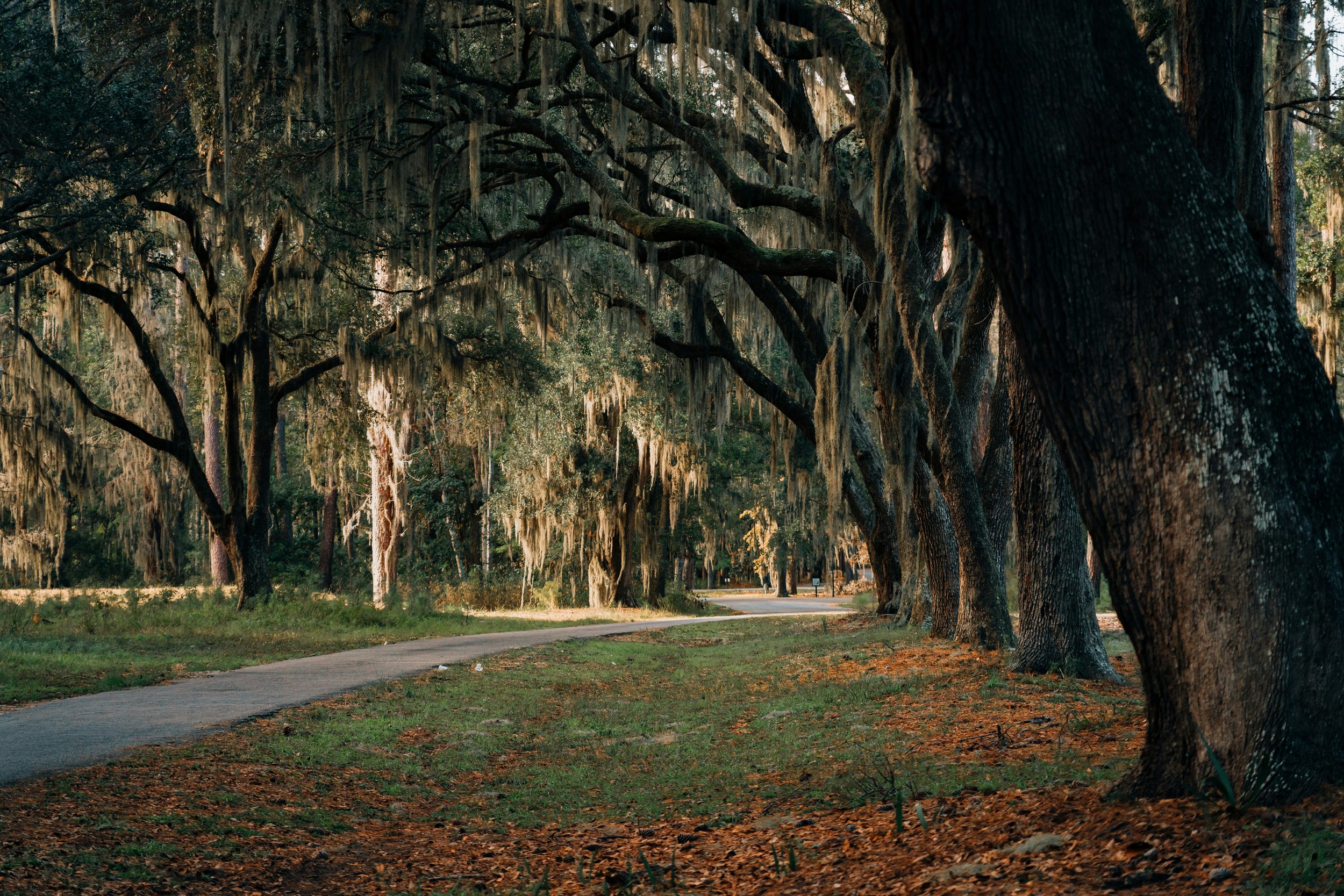
Private Practice in
Rural South Carolina.
South Carolina has the fewest lawyers per capita of any state and the fewest legal aid lawyers available for people with low incomes. The problem is especially acute in South Carolina’s rural counties where civil case rates tend to be highest. The American Bar Association has sounded an alarm about the shortage of lawyers in rural America and more than 15 states have launched special programs to attract lawyers to rural locations. But there has been little research on modern rural legal markets or the recipe for successful private practice in rural places. This mixed-methods study of private practice in rural South Carolina is designed to fill this gap and to build on the findings of the 2023 South Carolina Statewide Civil Legal Needs Assessment.
Report for the South Carolina Access to Justice Commission.
This report for the South Carolina Access to Justice Commission summarizes the main findings of the study to make them accessible for South Carolina advocates and practitioners. More information about rural areas in South Carolina, key findings from the study, and tables containing data collected as part of this research can be found below.
The South Carolina Rural to Urban Continuum.
This map shows the South Carolina rural to urban continuum, as defined by the Economic Research Service of the U.S. Department of Agriculture. Roughly a third of South Carolina residents live in rural counties, making it the 19th most rural state on this measure.
Key Findings.
Based on a 2022 statewide census of law firms, there are 375 private practitioners and 235 law firms in South Carolina’s 20 rural counties, comprising 5.8% of private practitioners and 8.3% of law firms in the state. Nearly three-quarters (72.3%) of rural law firms are solo practices and only six have more than four lawyers.
Rural private practitioners play a limited role in serving low-income clients and communities. Less than 25% of South Carolina’s rural practitioners practice in the 10 poorest rural counties and some live an hour or more from the town in which they practice. Most report doing limited pro bono and discounted work.
Specialization is a key ingredient for successful rural practice. New lawyers may take whatever clients they can get, but most practitioners quickly become more specialized, and some specialties can be lucrative, such as personal injury and real estate.
Personal injury cases are an important means of subsidizing less profitable work, but lawyer advertising has made it more difficult for rural practitioners to pick up personal injury work.
Family ties play a central role in attracting and sustaining rural private practitioners, raising questions about the scalability of recruiting lawyers without local ties.



